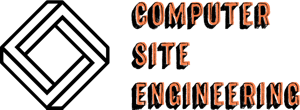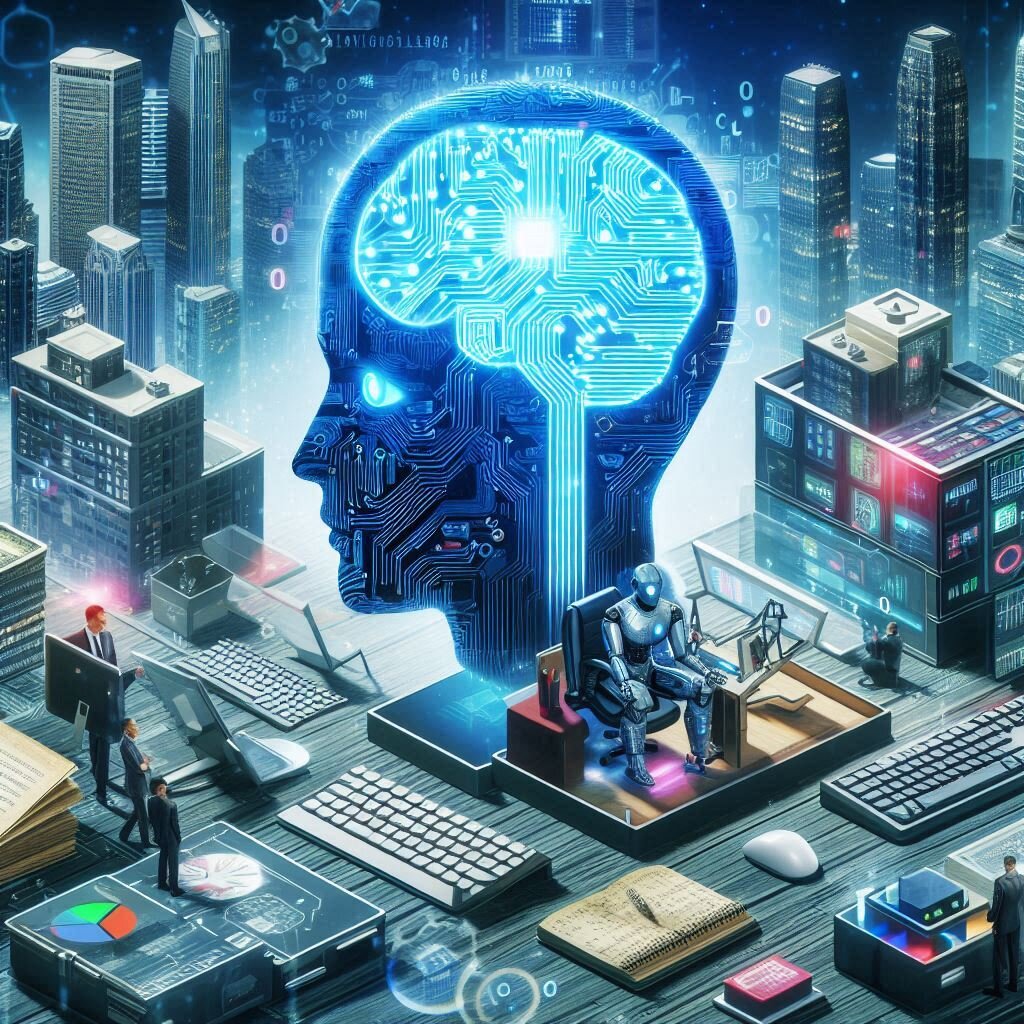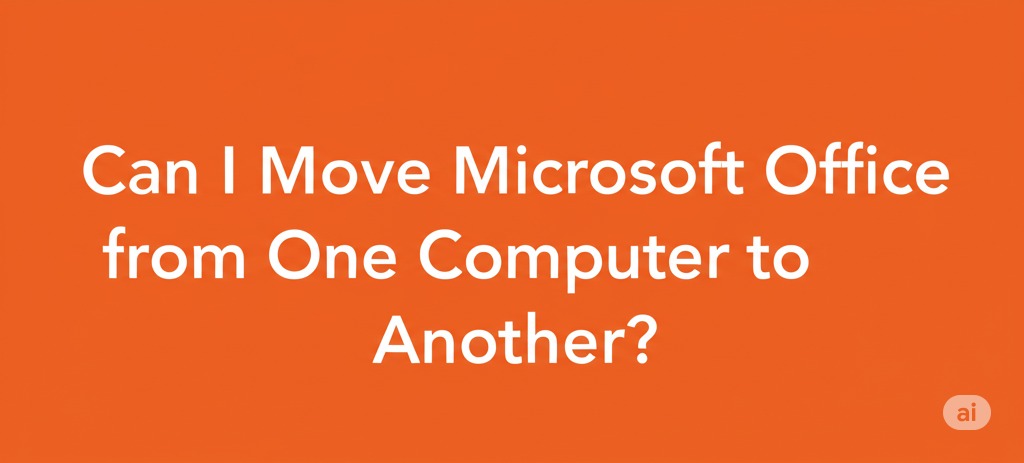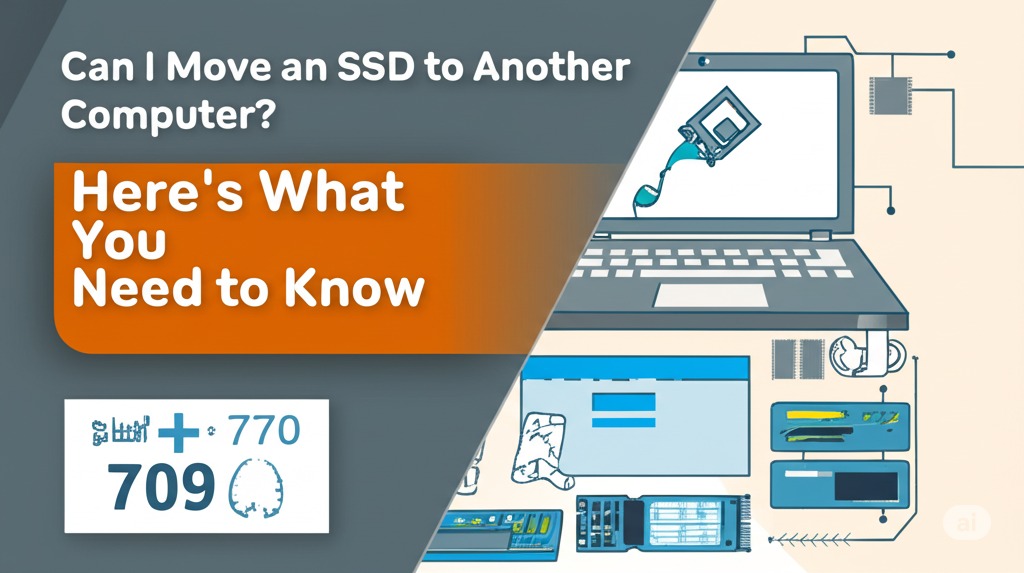Introduction
The rapid advancements in artificial intelligence (AI) and machine learning have sparked an ongoing debate: Are computers more intelligent than humans? As technology continues to evolve, computers are performing complex tasks that were once thought to require human intelligence. But does this mean they surpass human cognition? This article explores the key differences between human and artificial intelligence, analyzing their strengths, limitations, and future potential.
Understanding Intelligence: Human vs. Artificial
What is Human Intelligence?
Human intelligence is a combination of cognitive abilities such as reasoning, problem-solving, creativity, and emotional understanding. It allows people to learn from experience, adapt to new situations, and engage in abstract thinking. Unlike computers, humans possess consciousness, self-awareness, and emotions, which play a crucial role in decision-making.
What is Artificial Intelligence?
AI refers to machines programmed to simulate human cognitive functions, such as learning, reasoning, and problem-solving. AI systems, especially those powered by deep learning and neural networks, can process vast amounts of data, recognize patterns, and perform tasks with incredible accuracy. However, AI lacks emotions, self-awareness, and the ability to think independently beyond its programming.
Strengths of Computers Over Humans
Speed and Efficiency
Computers can process millions of calculations per second, far surpassing human capabilities. Tasks that would take humans hours or days can be completed by computers in seconds, making them indispensable for data analysis, automation, and real-time decision-making.
Data Storage and Retrieval
Unlike humans, computers have virtually unlimited memory capacity. They can store and retrieve vast amounts of data with 100% accuracy, whereas humans rely on memory, which can be faulty or fade over time.
Lack of Bias and Emotional Influence
Computers operate purely on logic and algorithms, making them objective decision-makers. Unlike humans, who may be influenced by emotions, biases, or fatigue, computers provide consistent and precise outputs based on the data they are given.
Strengths of Humans Over Computers
Creativity and Innovation
One of the most significant aspects of human intelligence is creativity. Humans can think outside the box, generate new ideas, and innovate. Computers, on the other hand, can only analyze existing data and make predictions based on patterns.
Emotional Intelligence
Humans excel in emotional understanding, empathy, and social interactions—qualities that computers lack. These abilities are essential in fields like psychology, leadership, and negotiation, where emotional awareness plays a crucial role in decision-making and relationship-building.
Adaptability and Common Sense
Humans can adapt to unpredictable situations, using intuition and common sense to navigate new challenges. Computers follow predefined algorithms and struggle with situations outside their programming unless specifically trained on similar data.
The Future of Human-Computer Interaction
Will AI Ever Surpass Human Intelligence?
Some researchers believe that AI will eventually reach a point known as Artificial General Intelligence (AGI), where machines can perform any intellectual task a human can. However, current AI is still far from achieving true human-like intelligence because it lacks consciousness, emotions, and self-awareness.
The Ideal Balance: Human and AI Collaboration
Rather than viewing AI as a competitor, many experts advocate for a collaborative approach where humans and AI work together to enhance productivity, solve complex problems, and push technological boundaries. For example:
- AI can analyze large datasets, while humans interpret the insights.
- AI can automate repetitive tasks, freeing humans for creative and strategic work.
- AI-powered tools can assist in healthcare, finance, and education, improving efficiency and accuracy.
Conclusion
While computers are undoubtedly more efficient, faster, and precise than humans in many areas, they still lack essential qualities such as creativity, emotional intelligence, and adaptability. Rather than replacing humans, AI serves as a powerful tool that can augment human capabilities when used effectively. The future lies not in competition but in collaboration, where human intelligence and artificial intelligence work hand in hand to drive progress.
What are your thoughts on AI’s role in our future? Do you see it as a threat or a helpful tool? Share your views in the comments!

Caleb Carlson is a contributing writer at Computer Site Engineering, specializing in computer technology, software trends, and hardware innovations. His articles simplify complex tech topics, making them accessible to readers of all levels.





